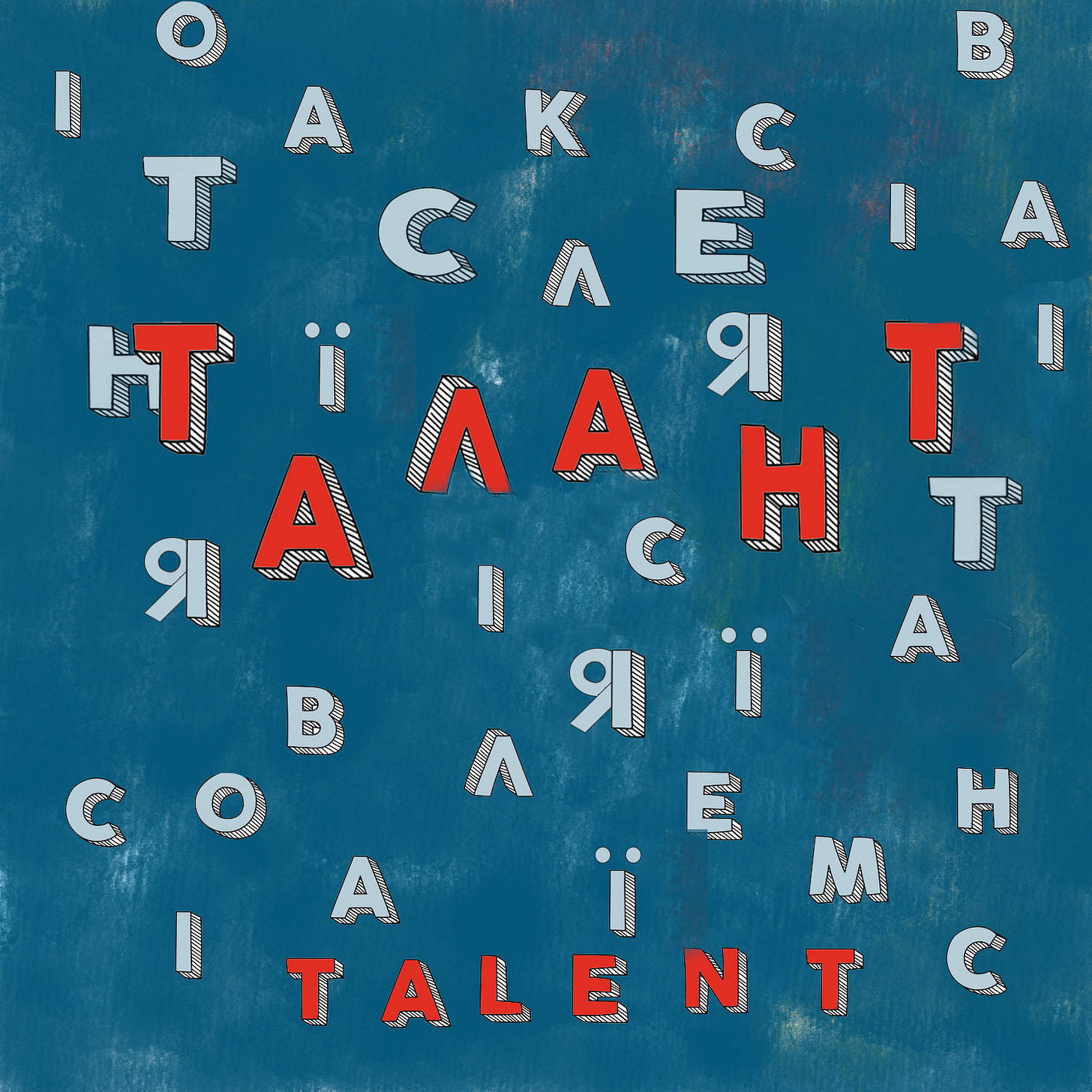A founder I once worked with said, “The best people have the best words.” He meant that the most talented people he knew mastered the linguistics of their craft. They're the kind of people who can cause you to go, “Oh, there’s a word for that?” – when they pick out a useful phenomenon whose existence is obvious once it’s given a nam…
© 2025 Caleb Ontiveros
Substack is the home for great culture




